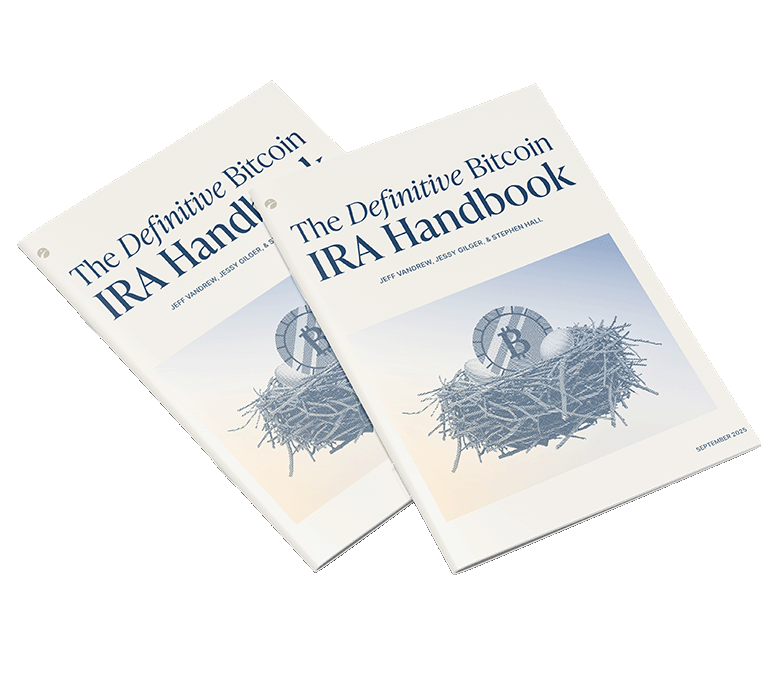
The definitive bitcoin IRA handbook


At Unchained, we obsess over the client experience when it comes to their bitcoin vault security. In this spirit, we’ve recently upgraded vaults with a new feature that accelerates them far beyond the average multisig wallet—a feature we’re calling wallet history.
Vaults now provide you with a birds-eye view of all wallets that you’ve used for your vault—past and present—not only the wallet generated from your current set of keys. We’ll also keep you updated on any activity on old wallets so that you can take the necessary steps to secure your funds.
Given the necessity of occasional key changes in the lifecycle of any multisig wallet, we hope our new wallet history feature can become the model for other bitcoin wallet apps to follow as well.

With all multisig wallets, if one of your keys gets lost or compromised, you need to go through a key replacement ceremony. When you replace a key, under the hood, you are creating a whole new wallet with a completely new set of addresses. This means that bitcoin in old addresses (secured using the old set of keys) need to be moved into your new wallet. Crucially, this also means that accidentally depositing funds to an old address (for example, if an address is whitelisted on an exchange) can put the funds at risk, since you might no longer have access to the replaced key.
Additionally, consistent vault statements are necessary for individuals and businesses that need to account for all the transactions that have occurred over the lifetime of a vault, regardless of how many key replacements have been performed. If you lose a debit card, you don’t have to make a whole new bank account. You simply replace the debit card and update the card number with merchants, and your bank statements and transaction history persist. Bitcoin vaults should behave the same way! Recordkeeping with multisig is a challenge when every time a key replacement occurrs, your transaction and address history is lost.
Unchained vaults are designed with care, to be a partner with you on your self-custody journey. With the new wallet history feature, vaults now retain your transaction history, just like a bank account, even through key replacements. You’ll get a consistent, continuous experience for records of transactions and vault statements, across all the old and new wallets that make up your vault.

You’ll also get notifications that alert you to any bitcoin sent to an old address, secured by a potentially compromised key. Like any good partner, we’ll help guide you through recovering those funds to a new wallet that you control, and help cosign the transfer if necessary.
Bitcoin is a multi-generational asset. Over a lifetime, accidents happen, and you’re inevitably going to need to replace keys that secure your vault. Collaborative custody with Unchained vaults makes securing bitcoin easy. Otherwise nerve-wracking tasks like performing a key replacement, or recovering funds from an old address, become routine instead of a hectic scramble. We hope the new wallet history feature makes it even simpler to save bitcoin for the long term.